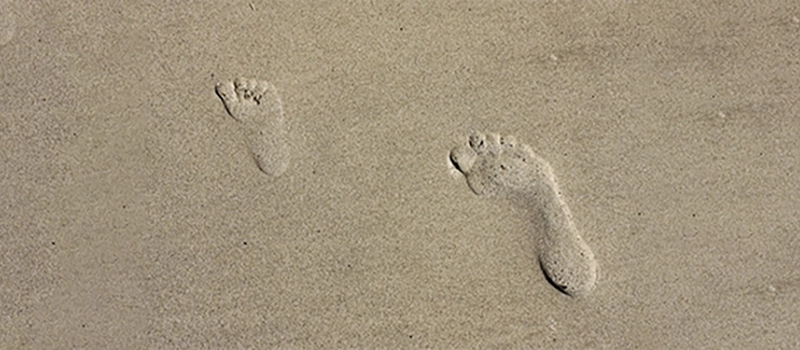
You may have your mother’s hips, and your son may have your dad’s hairline. The way genetics work is the same way they’ve always worked, and there certainly are traits that run in families. Some guys get their big feet from their fathers too, and sometimes women wonder if what they heard about bigfooted guys is true. That’s a different topic though, and more often people may wonder if you can inherit mental health disorders too. Of course they are something no one is going to want to have running in their family, but it certainly does happen. So is anxiety disorder genetic?
Short answer, yes it can be genetic but it is not always that a person has anxiety disorder because of what their parents have passed on to them. You may develop generalized anxiety disorder or one of the types of anxiety disorders because of your genes, but you my develop this very common mental health disorder because of life experience, illness, or for another reason entirely. One of the lesser known one is separation anxiety, and when most people hear of that one they will think about a dog absolutely beside itself behind an apartment door all day until their owner returns.
Now apparently there are some people who get so upset at being separated from another person that they will begin howling incessantly too, but it is more likely these people live closer to the equator. What’s interesting when you look into is anxiety disorder genetic is that often times making significant lifestyle changes and using a medication like Paxil or Lexapro can really do a lot to counter this unfortunate card that life has played you. You may have inherited your anxiety disorder, but that doesn’t mean it has to be a major detriment to your life.
One of the things that important when you have anxiety is to go through mental reaffirmation processes where you remind yourself ‘I’m in control of my feelings and emotions, not you’ and in doing so you can actually make many of the chronic anxiety symptoms like excessive worrying, awfulizing, difficulty concentrating, irritability, memory problems, sleep difficulties (including inability to say asleep) and ongoing muscle tension. It is not uncommon for people to build on the success they’ve had with the medications mentioned above when they are able to exercise themselves for more mental resilience.
This may find that you end up with a more ‘even keel’ as the expression goes, meaning you don’t get too up or down. In this case up means completely carefree and indifferent to all of life’s curveballs, while down means so anxious, stressed, and uneasy that your completely beside yourself. That can happen far too easily for someone who has GAD, and another thing you may want to consider in line with is anxiety disorder genetic. At the other end of things there will be people that need to take an alternate approach to getting best results from anxiety treatment.
What we’re talking about here is vagus nerve breathing as part of diaphragmatic breathing, and what this type of rhythmic breathing does is coax a very valuable nerve found in the back of your neck that then cools your parasympathetic nervous system. This can reduce anxiety quickly and you even end up feeling like you can’t understand what had you all tied up in knots to begin with.
All sorts of benefits from regular vigorous physical exercise, and this can be connected to is anxiety disorder genetic in a sense too because if you have that genetic propensity for being chronically anxious then it makes sense to do everything you can to counter that. Using GAD treatment medications may be very beneficial, but you know what’s beneficial for good mental health and a happy brain ALL the time? Endorphins, and these hormones are beyond helpful if you’re not where you want to be mentally.
What this has to do with is anxiety disorder genetic is this; if you’ve ever heard of a runner’s high it is how the brain has the potential to be extremely content and satisfied after the body has been put through its paces. So if you really break a sweat, and then find ways of doing that a LOT then you may be able to reduce the severity of anxiety and see life through the same type of lenses that everyone else does. For some people getting out of their immediate environment for a short time can help too.
Few people can up and go traveling on whim, but if you can get away even for a short time it may be helpful for minimizing anxiety. That’s of course provided you don’t have a phobia – another type of anxiety disorder – where yours is a fear of flying, bridges, or anything of the sort.